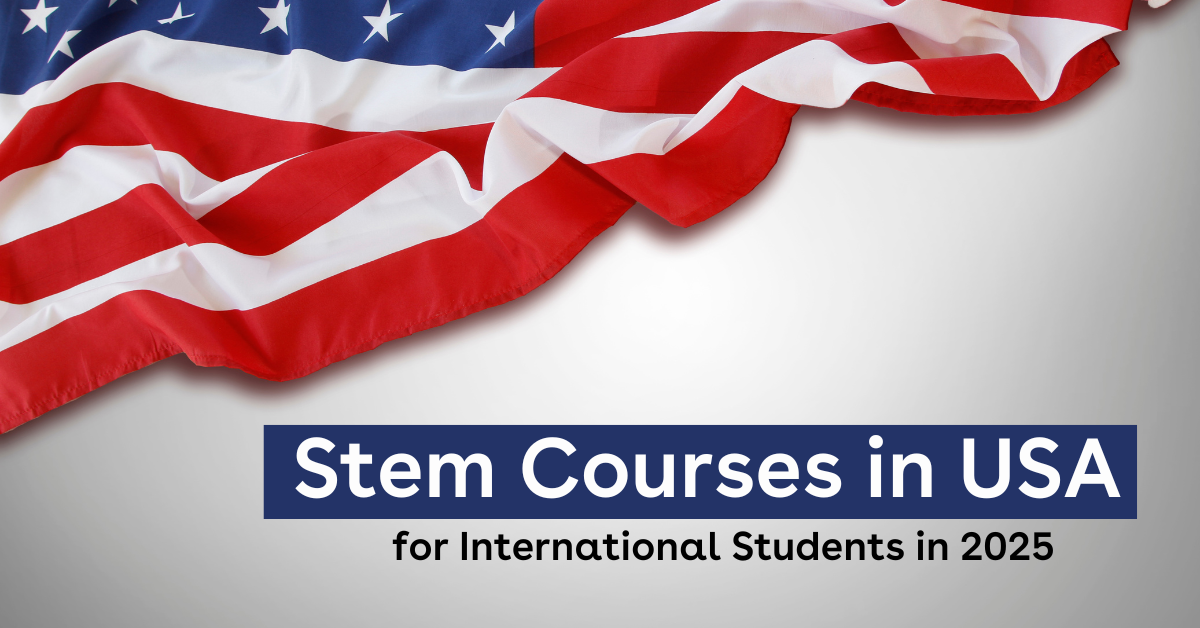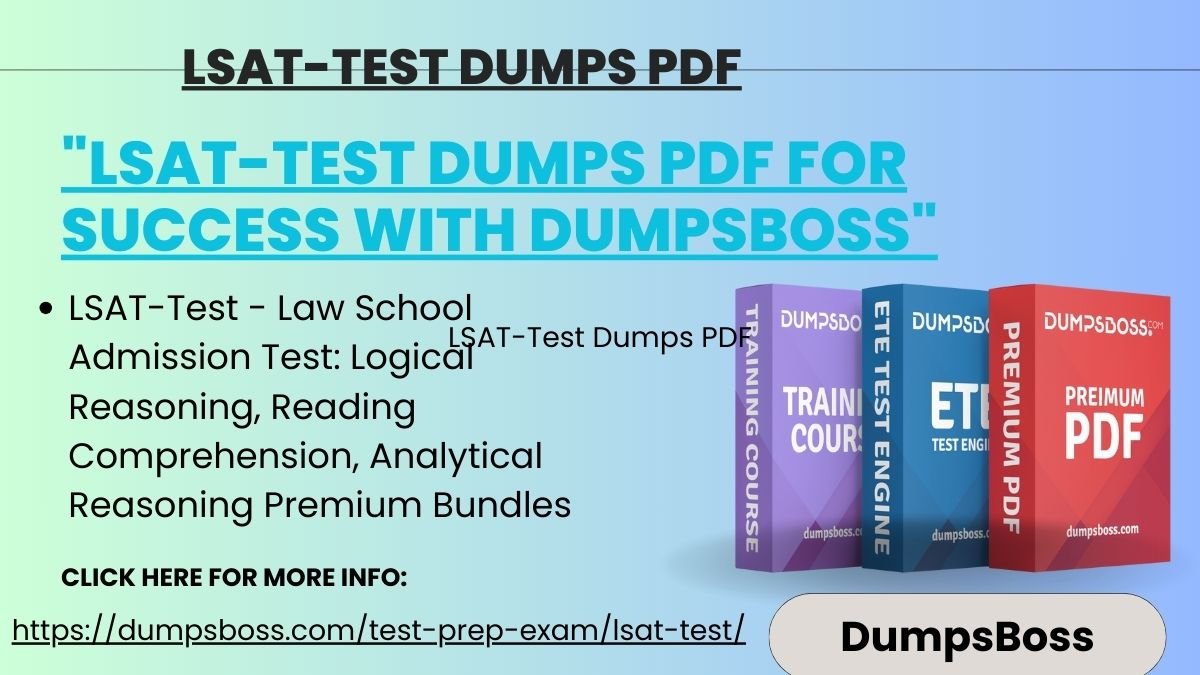Choosing STEM courses in USA is more than just picking a field; it is about finding a path that fits your passion and your goals. With countless options and unique programs, this decision is like finding a compass for your career journey. Think of it this way – the right course can open doors to innovation, discovery, and growth.
To make this choice exciting and insightful, we will walk you through the top considerations for STEM Courses in USA to help you find a course that is as unique as your ambitions!
Factors to Consider When Selecting a Course
When it comes to choosing your STEM course, start by asking yourself some important questions:
- What interests you?
Are you more into coding, biology, engineering, or math? Your passion will drive your success.
- What are your career goals?
Think about what job you want after graduation. This can help you narrow down your choices.
- Where do you want to study?
Different regions in the USA have strengths in various industries. For example, California shines in tech, while Michigan is known for automotive engineering.
Also, consider the length of the program. Some courses might take only a year, while others could extend to two or more. Knowing this upfront can help you plan your finances better.
Rankings and Reputation
Not all universities are the same to study in USA for international students. Here is what to keep in mind:
- Look at rankings: Higher-ranked universities often have better resources and faculty. This can lead to a richer educational experience.
- Research faculty qualifications: Are professors active in research? Do they have industry experience? This can enhance your learning environment.
- Check student reviews: Websites like Niche or College Confidential can give you insights into student experiences.
Importance of Accreditation in STEM Fields
Accreditation is crucial in ensuring that your program meets industry standards. Here’s why it matters:
- Employer recognition: Many employers prefer graduates from accredited programs. It signals that you received a quality education.
- Transferable credits: If you plan to change schools or programs, accredited courses make it easier to transfer credits.
- Financial aid eligibility: Some scholarships and grants require you to attend an accredited institution.
If you are unsure about the program’s accreditation, don’t hesitate to reach out to the admissions office for clarification.
Networking Opportunities in STEM Programs
Networking is not just a buzzword; it is essential for your career. Here is how to make the most of it:
- Attend industry events: Look for universities that offer seminars and workshops. These are great for meeting professionals and learning about job trends.
- Join student organizations: Many universities offer clubs focused on different STEM fields. Joining one can be a great way to meet people who share your interests.
- Leverage alumni networks: Alumni can provide valuable insights and may even help you land internships or jobs.
Internship and Co-op Opportunities
Hands-on experience is vital in the STEM field in the USA. Consider the following:
- Look for programs that offer internships: These can give you real-world experience and make your resume stand out.
- Explore co-op programs: These allow you to alternate between classroom learning and working in the industry. It is a win-win!
- Use career services: Many universities offer dedicated services to help you find internships. Utilize these resources!
Understanding Course Curriculum: Key Subjects and Skills
Before you commit to a program, dive into the course curriculum:
What subjects are required?
Make sure they match your passions and future career plans.
Are there elective options?
Electives allow you to explore different areas within your field.
Skills gained: Look for programs that teach both technical skills (like programming or data analysis) and soft skills (like teamwork and communication).
In summary, selecting the right STEM course in USA is about finding a program that aligns with your interests and career aspirations. Take your time to research, visit campuses if possible, and connect with current students or alumni. This journey is about building a foundation for your future, so choose wisely!
If you are feeling overwhelmed, don’t hesitate to reach out to study abroad consultants. Be it business or MS courses in USA, they can provide tailored advice and guidance to help you make the best choice for your education and career path. Happy studying!



